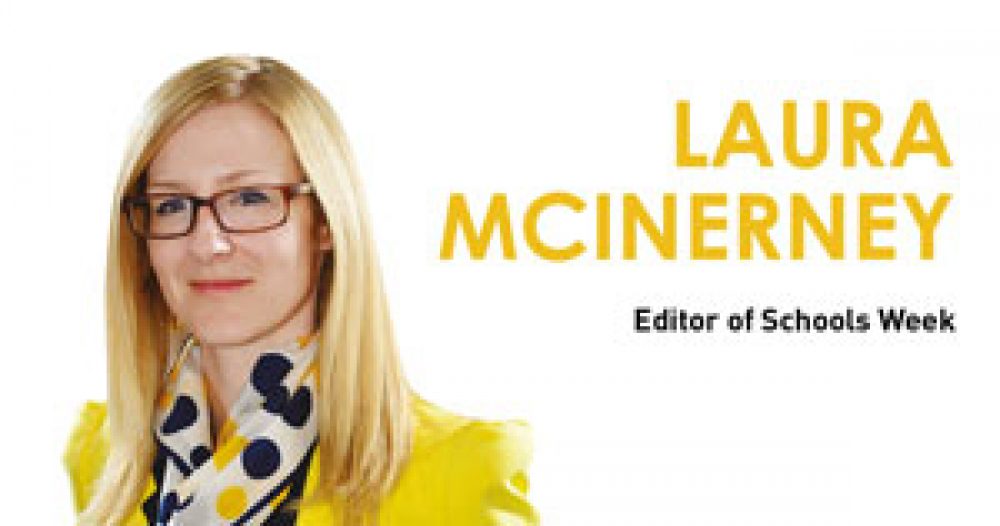Where, exactly, is the line of “this has gone too far”? That’s a question teachers have to consider almost constantly.
When is a pupil “too” loud? When is a short skirt “too” short? One of the main reasons schools have so many rules is to try to avoid the psychological energy needed for such decisions. If skirts are banned, they can’t be too short. If pupils are silent in corridors, then even a whisper is too loud.
But let’s take a thornier issue. How far should a child’s ability in exams affect their access to an education? The banning of new grammar schools in 1998 followed a general view that children shouldn’t have different access to education at the age of 11.
Yet, across the country, pupils are placed into a variety of “top” and “bottom” sets on the basis of exams they sit at that age and no one seems to bat too much of an eyelid.
Swindon academy has taken that approach further by putting its highest-attaining pupils into their own stream, from where they can access specialist teachers and extra-curricular activities at a nearby private school. Or, to put it another way, simply because those children achieved a set score on a test at 11 they are getting a very different school experience to others. How are your eyelids now?
Let’s not beat about the bush. Setting does affect the experience children have at schools
Let’s not beat about the bush. Setting does affect the experience children have at schools, but many educators convince themselves that because pupils can move around depending on the subject, that it isn’t the same as what Swindon is doing, by carving out a separate path for children.
But as United Learning, which runs the Swindon academy, points out, it also offers provision for pupils who are talented in music and sport. Plus running a stream, as opposed to a full grammar, provides stretching opportunities to the brightest without squirreling them (and their teachers) away into a separate school.
If that’s a tough call, then. What about this?
How far should the ability of a parent to pay for extra tuition affect a child’s access to education? Our story this week reveals that some grammars are profiting from mock entrance exams, sold to parents wanting (and financially able) to help their child attain a place.
A mire of ethical dilemmas transpire from this. What does it mean for “tutor-proof” testing? Should a school be allowed to make money from worried parents? What about the children whose parents cannot afford mocks – are they disadvantaged? (Um, yes.)
As the government moves forward with its selection agenda, it is going to look for tweaks. The Swindon academy model may well be encouraged. But if the consequence is a growth in a paid-for mock exam industry for 11-year-olds, we could see the very equality the government says it wants to create being eroded.
As with school uniform rules, it may prove expedient to simply say “no” to any selection, than to keep figuring out when it has gone too far.








Your thoughts